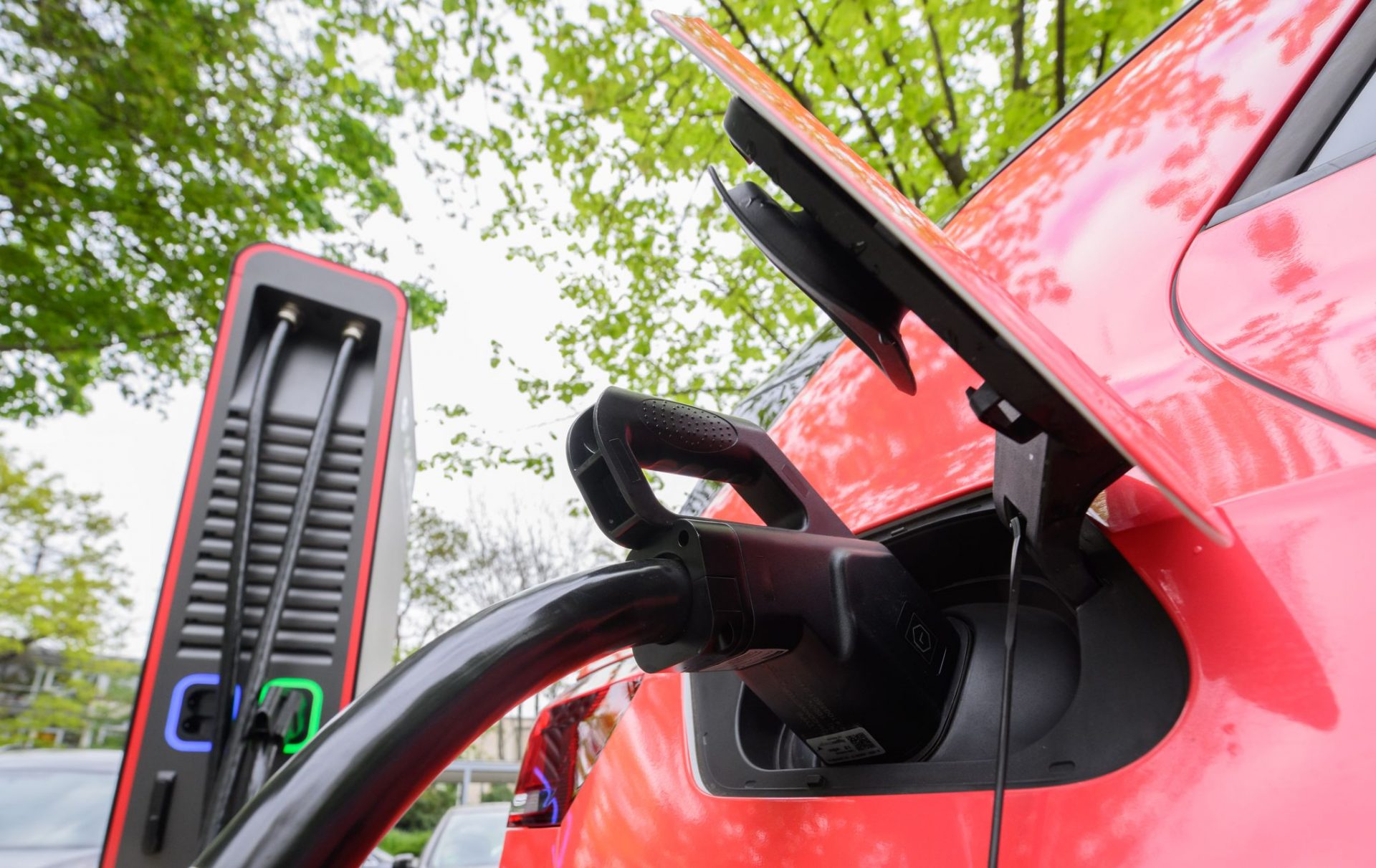Brussels/Berlin – The EU can impose additional tariffs on electric cars from China despite resistance from Germany. There was no sufficient majority of EU states against the proposal, as several EU diplomats confirmed to the German Press Agency. However, there was also no clear vote for the tariffs. This allows the EU Commission to decide to introduce duties of up to 35.3 percent. German car manufacturers reacted with concern and are now hoping for a negotiated solution. The Chinese government wants to stick to negotiations despite the vote in Brussels.
EU Commission accuses Beijing of unfair subsidies
The European Commission had announced the additional tariffs after an investigation concluded that Beijing was subsidizing electric cars, distorting the market in the EU. Whether the import duties will come into effect within the next month is in the hands of the Commission. However, if a solution with China is reached at the negotiation table in time, the tariffs can be stopped.
Germany could not enforce its position. The most populous EU country voted against the tariffs in Brussels. However, to prevent them, a majority of EU states would have had to vote against the proposal, representing at least 65 percent of the EU’s total population.
With a simple majority, the EU states could have at least forced the Commission to convene a conciliation committee. But even this majority was not achieved.
According to diplomatic sources, in the end, ten EU states voted for the measure, twelve abstained. Only five openly opposed the tariffs, representing about 20 percent of the EU population.
Concern in the German economy
German car manufacturers are pushing for a negotiated solution. The head of BMW, Oliver Zipse, for example, warned: “Today’s vote is a fatal signal for the European automotive industry.” Business associations expressed similar concerns.
“The decision on compensatory tariffs in the electric car market must by no means mean the end of talks,” stressed Tanja Gönner, the chief executive of the industry association BDI. The German Chamber of Industry and Commerce (DIHK) warned that additional tariffs would not leave the export-oriented German economy unaffected. “While the tariffs could also stimulate production in the EU, higher prices for consumers and a certain loss of purchasing power initially threaten,” explained DIHK’s head of foreign trade, Volker Treier. (October 6)
 go to the original language article
go to the original language article
